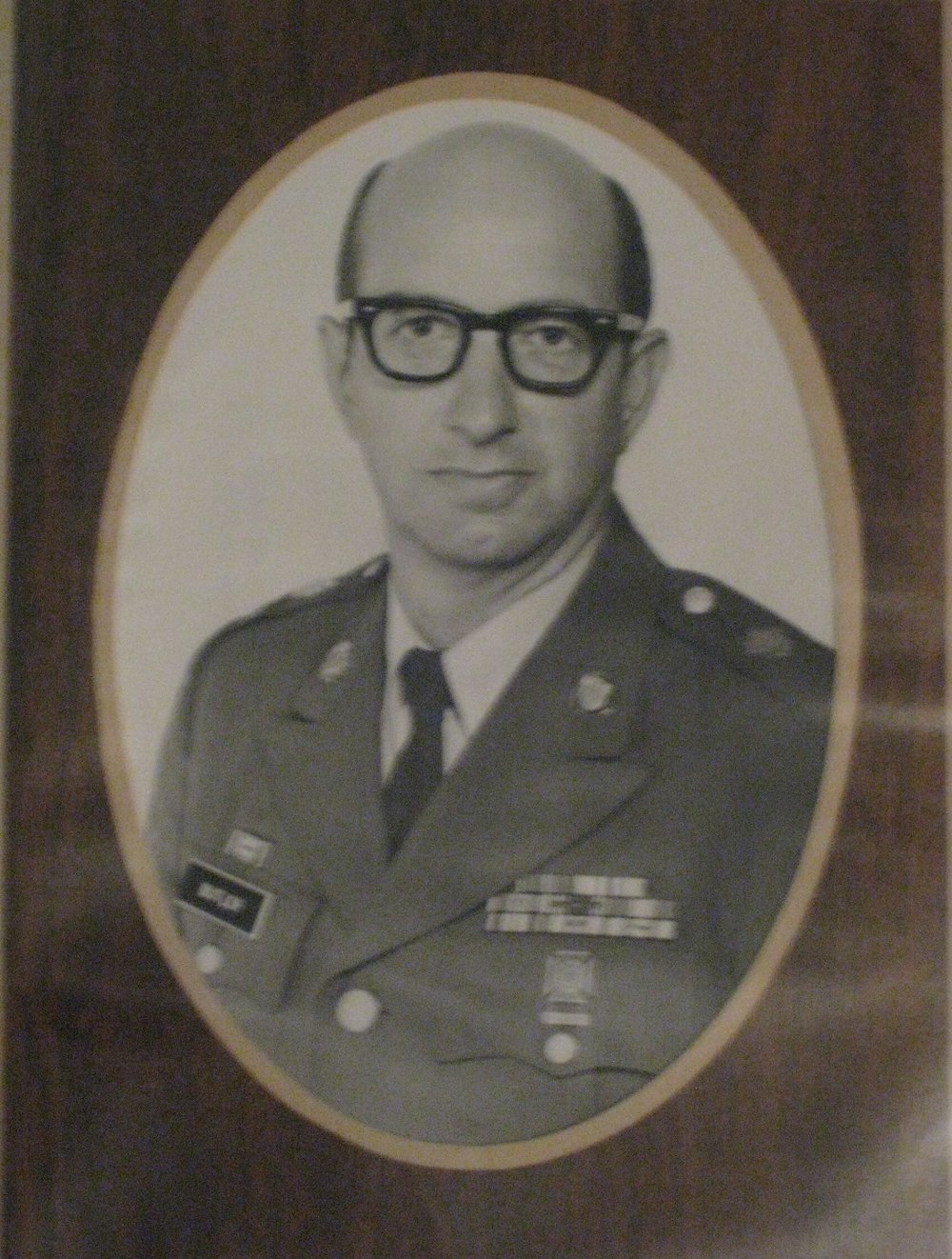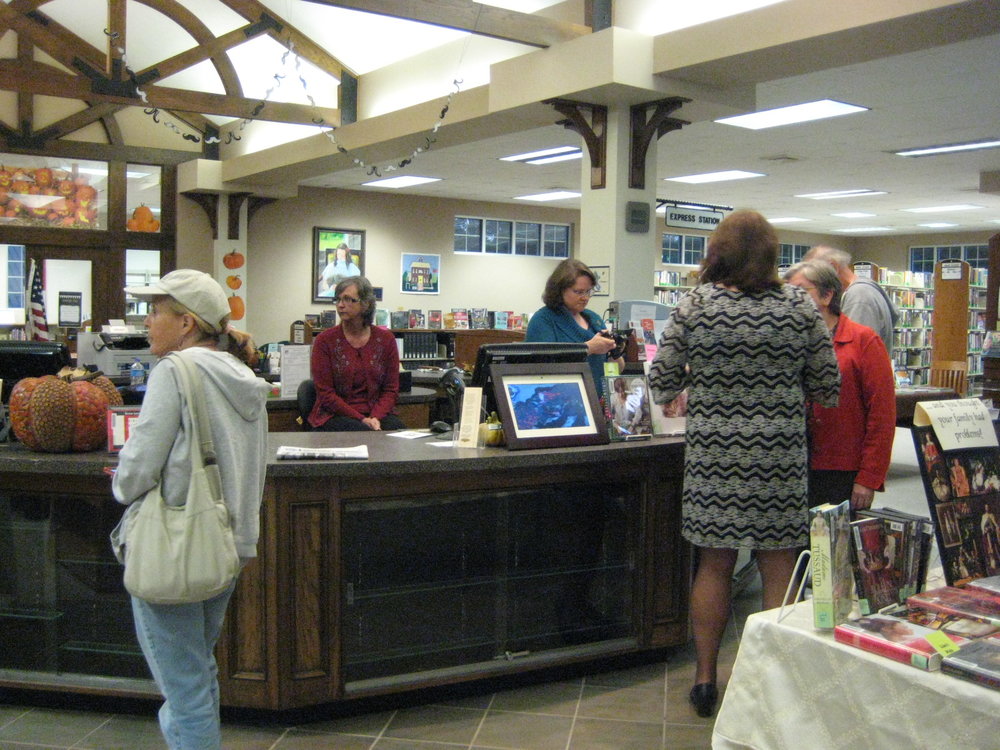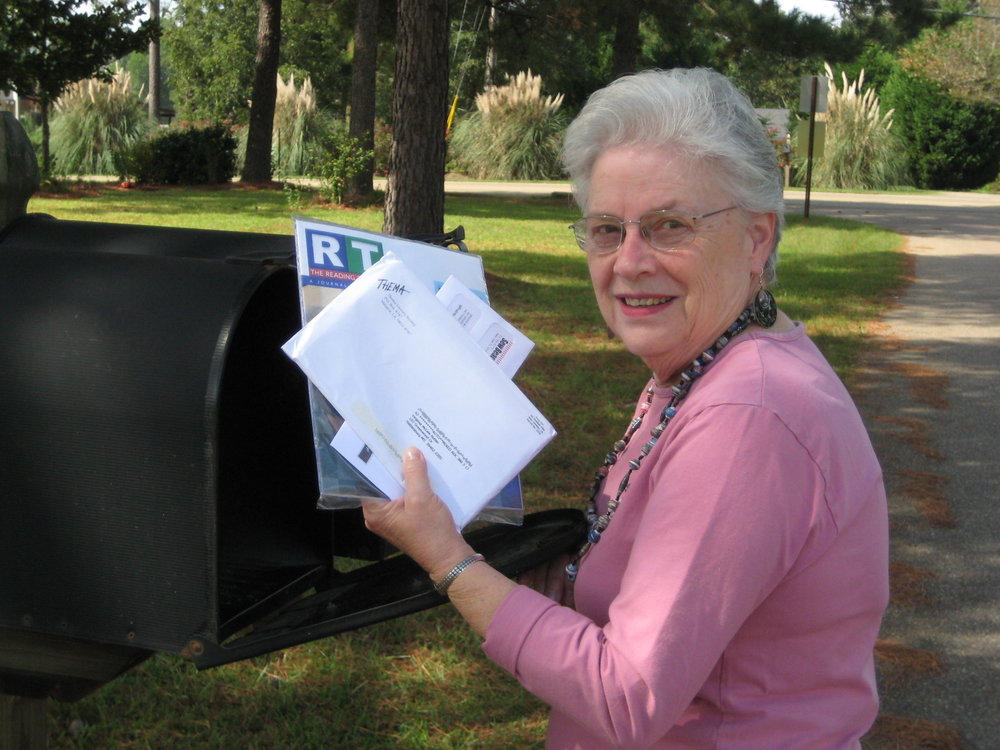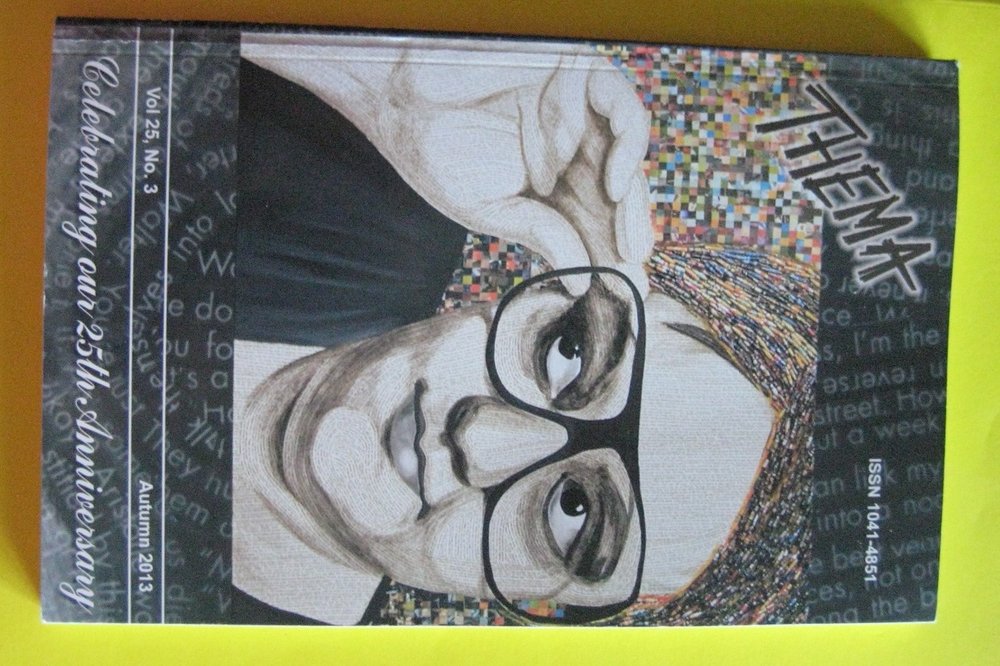 What is Christmas without a little Dickens story containing a few goblins, a bit of social justice, and a satisfying ending that winds up with the downtrodden happy and a lost relationship found?
What is Christmas without a little Dickens story containing a few goblins, a bit of social justice, and a satisfying ending that winds up with the downtrodden happy and a lost relationship found?
Our Classics Book Club at Oak Grove Public Library has read one of Dickens’s Christmas stories for the last three years. We started with A Christmas Carol, read The Cricket on the Hearth last year, and The Chimes, the story that was actually sandwiched between those two, this year. Chapter headings follow the pattern of the other two books with staves for A Christmas Carol, chirps for The Cricket on the Hearth, and four quarters for The Chimes symbolizing the quarter of the hour rung by the chimes of the church.
Like the other books, there is a romance stymied by poverty, a child in need of home and family, and rich people condescending toward the poor who will not get themselves out of their poverty. Once again Dickens skillfully points out the absurdity of keeping the poor in prison because they cannot pay their debts when that very act precludes any possibility that they can find a job.
A quote shows the difference in what is seen of the poor from the inside and the outside, “You may see the cottage from the sunk fence over yonder. I’ve seen the ladies draw it in their books, a hundred times. It looks well in a picter, I’ve heerd say; but there an’t weather in picters, and maybe ‘tis fitter for that, than for a place to live in. Well! I’ve lived there. How hard – how bitter hard, I lived there, I won’t say.”
Dickens wraps his sermon on social justice in a tale of goblins much like his ghosts in A Christmas Carol. His protagonist Toby Veck wonders throughout the tale whether it is true that the poor are as worthless as the establishment tells them they are and whether they are an unnecessary blight on mankind. The turn of the story for the obligatory Dickens satisfying ending is so late in the story that it leaves the reader wondering if he is going to disappoint this time. I was glad he came through, but I found an even greater satisfaction in Toby’s coming to understand that his life and that of those who share his station in life does indeed have great value.




























